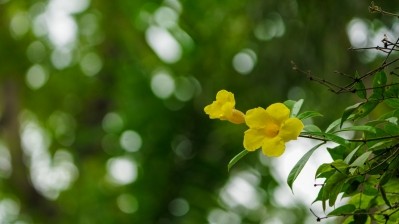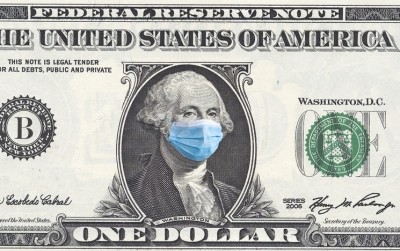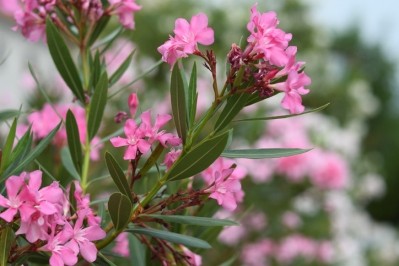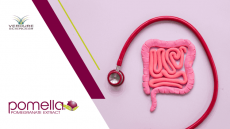FDA rejected oleander constituent as a new dietary supplement ingredient a month ago
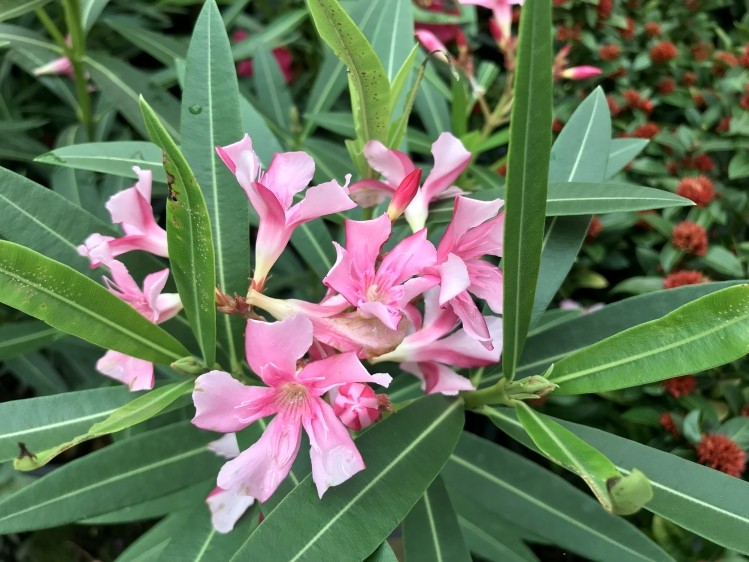
In a notification posted last week, but dated Aug 14 (so around the same time as the first news reports about the Trump Administration's interest in oleander were first published), FDA stated that is has concluded that oleandrin was the subject of an investigational new drug (IND) authorization “for which substantial clinical investigations have been instituted and for which the existence of such investigations has been made public”.
The Agency added that Phoenix Biotechnology’s submission did not provide evidence of the ingredient being on the market prior to this IND authorization, which therefore excludes oleandrin from the definition of dietary supplement.
“We also note that, even if “Oleandrin” was not excluded from the definition of dietary supplement, the agency has significant concerns about the evidence included in your submission as a basis for concluding that a dietary supplement containing “Oleandrin” will reasonably be expected to be safe under the conditions of use described in your notification,” wrote the FDA.
“For example, while your submission cited to a history of medicinal use of Nerium oleander extracts and clinical and pre-clinical studies of certain N. oleander preparations, your submission did not provide sufficient information to establish that the information that you rely on as evidence of safety is qualitatively and quantitatively related to the ingredient, when used under the proposed conditions of use, as indicated in your submission.”
Toxic
Oleander dominated headlines recently with reports that the White House was introduced to the idea that oleandrin could be useful in the fight against the virus that causes COVID-19, by Housing and Urban Development Secretary Ben Carson and Mike Lindell, CEO of MyPillow and a big Trump campaign donor.
Lindell, who has taken a financial stake in Phoenix Biotechnology, the company developing the product, told the news site Axios that during the meeting he and Carson had with Trump the President said, “the FDA should be approving it.”
Multiple sources in the natural products industry were quick to condemn the potential use of the oleander extract as a COVID-19 cure, noting its well-documented toxicity.
When the news broke last month, Loren Israelsen, president of the United Natural Products Alliance (UNPA), said: “We have been in conversation with our partners in the industry and we have confirmed our shared deep concerns about the safety of oleander if it were to find its way into a dietary supplement.
“The unanimous opinion is that this is a stupid idea and no one should allow an oleander supplement to get close to their mouth.”
Mediterranean bush
Oleander (Nerium oleander) is a large bush or small tree with attractive flowers that is often used as an ornamental or hedge plant in warm climates. It is native to the Mediterranean region.
It is universally thought of as a poisonous plant, and health authorities caution against allowing children or animals to consume any of its parts. According to a 2008 report, a child died after ingesting a single leaf. Poisonings among animals and humans are rare because the plant is highly unpalatable.
Oleandrin is a toxic cardiac glycoside found in the plant. Cardiac glycosides are a family of molecules that are potent inhibitors of the Na+/K+-ATPase and induce electrolytic disturbances that affect the electrical conductivity in the heart and in other body regions.
According to the American Botanical Council, "all parts of the plant contain a poisonous substance called oleandrin, known technically as a cardiac glycoside, and other similarly toxic constituents. The structure of oleandrin and its activity are similar to digoxin, a glycoside from the equally toxic foxglove plant (Digitalis purpurea). Digoxin is a pharmaceutical drug used in conventional cardiology for heart failure and irregular heartbeat."
In an August 18 press release, ABC Founder and Executive Director Mark Blumenthal, stated: “To be clear, ABC applauds appropriate scientific research into medicinal plants and fungi as sources of new medicines. We also acknowledge the very promising medical research conducted by Phoenix Biotechnologies and their oleandrin formulations. However, ABC emphasizes the distinction between a scientifically studied, chemically-defined experimental new drug compound from a widely known poisonous plant and a simple home-made pill, tea, or extract made from the plant’s various parts. With respect to oleander, all parts of the plant are highly toxic, dangerous, and life-threatening when ingested. Consumers should not, ever, try to make a home-made remedy from or self-treat with oleander.”
